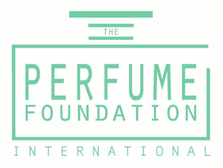|
An Interview by Creezy Courtoy, World Perfume Historian and Anthropologist The IPF Natural Perfumery Teacher's Academy is dedicated to accomplishing two vital goals: firstly, to educate enthusiasts on the art and science of natural perfumery, enabling them to transform their passion into sustainable careers; and secondly, to ensure the rich heritage of perfumery is preserved and passed on to future generations. Understanding the World Perfume History is crucial for any perfumer, not only to enrich their creations with inspired narratives but also to uphold and share this invaluable legacy. Now, let's introduce you to Vivian Trinh. Join us as we delve into her story. 1. Could you introduce yourself, including where you reside and your current occupation or activities? I am Viviane Trinh, an international independent perfumer and scent educator. I'm currently based in Ho Chi Minh city, Vietnam after years of training and working globally. My company's main focus is private R&D services, consultancy and tailored training programs for individuals and entrepreneurs. Settling down in a city that's not my homeland, with almost an opposite lifestyle compared to Hanoi - Where I was born - is a decision that requires a lot of my nerve! There are more and more people doing this, but it was definitely not something common back then! I was formally trained in Grasse focusing on the art and technique of raw materials and fragrance creation. But it was not enough to become a professional perfumer. I never stop there. For the last decade, I've been doing training and researching work with top perfumers and companies all around the world to collaborate and refine my skill. 2. Could you share why you chose to study History, particularly what inspired you? Was it a desire to learn more about the history of perfume in your region? I believe everything has a beginning. In order to master an art form, you have to truly understand it from the root. I never hate the fact that I'm almost obsessed with learning new skills and gaining new knowledge for my work as a perfumer. But funny enough, the more I try to move forward with the intention to "change", the more I realize that I'm getting back to the point where everything starts. Lots of the inspiration of our modern fragrances, including the raw material, the formula composition, the packaging or even the branding and marketing is actually nothing new but a more 'dressed up' and creative version of something that has already been done from centuries ago. Just like how we all fall in love with that homemade, fragrant herbal bath from our childhood before Chanel No.5, Shalimar and Mitsouko. Those little small scented moments are exactly the reason why I have had such a big love for perfumery since a very young age. Sometimes, I feel like no matter how much I've gained during this journey, I'm still that little girl who immersed herself in that afternoon bath, thinking about how she could get that vintage botanical dictionary from that local no-name bookstore. 3. What is the current state of natural perfumery in your country? What about its heritage? Do people still retain knowledge of their ancestral heritage? Despite the fact that our country has a rich tradition of using fragrant herbs not just for the purpose of beauty but also for medicinal and the spiritual purposes, I still find the urgent need to maintain the heritage worth considering. It's a bit painful to watch people shutting down their own garden or skipping on preparing natural scented products like tea, herbal bath, traditional medicine recipe, incense etc. because they don't have time or energy. The modern momentum of lifestyle is a challenge for people who still want to commit using the knowledge of their ancestral heritage. 4. Was the history course effective in reacquainting your country with its heritage related to perfumery? Education and creative ways of using scent is crucial to keep the heritage alive. I got all of that from the course. After joining the history program, I have a deeper understanding of not just my country's heritage related to scent, but also of a more comprehensive view about the world history of perfumery. The course gave me new knowledge about many practices that I thought I already knew by heart. It was truly a meaningful experience of reacquainting myself with my country heritage related to perfumery in a totally different way; but much more academic and professional! 5. Did you find it beneficial and necessary to take the global Perfume History Course? How did it impact you personally, and what changes have you experienced in your life as a result of this course and its certification by the International Perfume Foundation.
The course gives me extra courage to bring lots of my ideas from a shy scratch to a real product that I can proudly show my clients from time to time. That's priceless. If not to say, one of my career's bliss. It's been a very helpful course for me and it did help me so much with my career. I cannot tell you how much it helps me in my perfumery work. I'm looking forward to learning more from you and your courses in the future! I hold your certification in the highest place of my lab! I have to say that Creezy Courtoy's mentorship during the course was something out of this world. She employed incredible expertise in her teaching. But more than that, Creezy's heart-warming personality and her life-long passion for the art of perfumery was truly the biggest source of motivation for her students! My last word is: A special job requires a special mentor, and choosing Creezy's course was a game changing decision for my career. I cannot tell you enough how grateful I am.
0 Comments
Enchanting Autumn: Unveiling Hidden Fragrance Treasures By Andrej Babicky, Certified Master Natural Perfumer As autumn's brush strokes the world in vibrant shades of red and gold, I find myself in the warm embrace of Piedmont, Italy. Here, amidst nature's grand spectacle, my garden transcends being merely a canvas for predictable perfumery choices. It becomes a treasure trove of concealed aromatic delights. Autumn beckons with a unique charm, a season when nature dons its most exquisite attire. My explorations lead me on journeys through the woodlands and along riverbanks. It's a time when I crush leaves between my fingers, uncovering aromas I never expect. In this serendipity, the magic of fragrance discovery comes alive. Beyond my garden's confines, I venture on long walks through landscapes veiled in the characteristic autumn fog of our region. These moments of calm and solitude allow me to reflect on the passage of seasons. They also kindle my desire to hunt for seasonal treasures - fruits, berries, mushrooms, and plants awaiting transformation into unique tinctures. Autumn's Palette of Aromas Autumn, with its earthy scents and rich colors, is an opportune time to diversify our collection of essences. Imagine the musty aroma of mushrooms, the scent of undergrowth, and fallen leaves. These olfactory nuances beautifully complement the fragrance profiles of woods and barks. Mushrooms like porcini, field mushrooms, and honey mushrooms each contribute their unique aromatic notes. Mushrooms, including the esteemed truffle and the woody Ganoderma species, encapsulate the essence of the forest floor. Dried and artfully tinctured, they release an aroma reminiscent of damp earth, undergrowth, and rain-kissed leaves. These tinctures harmoniously intertwine with the scents of barks, leaves, and mosses, creating a symphony of woodland fragrances. Our journey then leads us from the forest floor to the lush green canopies, where oakmoss, tree moss, and lichens flourish. Once dried and transformed into tinctures, these natural wonders unveil a unique olfactory profile, marked by a dry, woody, earthy, and somewhat salty aroma. It's the scent of the forest after a gentle rain, an essence that imparts mysterious depth and a sense of the great outdoors to your fragrances. In this season, even the changing leaves present intriguing raw materials. Have you ever rubbed nearly dry walnut, apple, magnolia or cherry leaves between your hands, inhaling their delicate scents? While walnut leaves may challenge inclusion in final compositions due to their staining ability, cherry leaves offer a delicately fruity hay aroma. One of my favorites is the oak leaf, which I extract both in spring and autumn. Young leaves exude a bitter, warm, and intensely green scent, while the evergreen magnolia leaves evoke the sensation of sun-warmed wood, with a denser, more mysterious aroma rich in earthy nuances with just a touch of floral notes. Unexpected Inspirations Sometimes, inspiration strikes unexpectedly. During a bonsai workshop, the scent of maple roots unearthed memories of freshly dug-up carrots, leading to the creation of a surprisingly intriguing tincture. Expanding Horizons with Autumn Fruits Quince, while cherished for its aroma rather than its taste, exudes a captivating fragrance reminiscent of my grandmother's closet. Sliced thin and dried, quince becomes an extraordinary tincture, offering a unique and pleasantly juicy concoction with green, herbaceous, and vaguely floral undertones. The enchantment of autumn extends to other fruits like apples, pears, persimmons, and citrus. These often-overlooked gems can be sliced, dried, and transformed into aromatic tinctures. Apples provide a fragrance reminiscent of an orchard in full bloom, pears exude delicate notes of orchard blossoms and honeyed richness, while persimmons offer a slightly spicy aroma that captures the essence of late autumn. For citrus fruits, the aromatic potential lies within the rind. Traditionally extracted by pressing the rind or distillation they can be also tinctured. Dried citrus peels hold the zesty, bright, and invigorating essence of lemons, oranges, and various citrus varieties. These citrus tinctures bring a burst of freshness to fragrance compositions, infusing them with the vivacity of citrus groves. Unveiling Nature's Secrets: The Discovery Continues
As autumn gracefully unfolds, a fragrant tapestry unfurls. From the earthy aroma of mushrooms to the sweet notes of berries and the herbal essence of leaves, each scent tells a unique story. This season encourages experimentation and exploration, revealing the boundless potential of fragrances offered by nature. Join me on this journey into the heart of autumn, where every scent is a hidden treasure waiting to be found. If you're intrigued by the art of fragrance extraction and want to delve deeper into the secrets of this captivating process, consider enrolling in my Natural Raw Materials Extraction Masterclass. In this comprehensive course, you'll uncover the techniques, methods, and nuances of extracting fragrances from the most unexpected sources. Whether you're a seasoned perfumer or a novice exploring the world of scents, this masterclass is your gateway to a deeper understanding of nature's aromatic treasures. Join me on this exciting journey, where every aroma is a revelation, and every tincture tells a story. Don't miss the opportunity to discover more and take your passion for fragrances to the next level. Enroll in the Natural Raw Materials Extraction Masterclass today and unlock the secrets of this extraordinary art. by Françoise Rapp, Master Perfumer and Lead Instructor As September rolls around, it marks the beginning of a new school year and presents the perfect opportunity to embark on exciting learning journeys. Whether you are an aspiring perfumer or experienced, we are proud to introduce the largest International natural perfumery educational platform designed to teach all aspects of this captivating art. Our comprehensive curriculum offers a range of courses, masterclasses, and advanced programs that enable you to acquire new techniques and deepen your knowledge, ultimately empowering you to design your own successful brand.
Perfumotherapy: Immersing Yourself in the World of Natural Perfumery One of our flagship courses is Perfumotherapy, an immersive experience that unveils the world and art of natural perfumery. This course provides a solid foundation in perfume creation and technique, emphasizing the crucial role of olfaction and natural essences. Comprising of Olfaction Training, French Natural Aromatherapy, and French Natural Perfumery courses, the Perfumotherapy diploma is a comprehensive program that legitimizes your work as a natural perfumer. Understanding the basics of olfaction and the true essence of natural ingredients is vital for conceiving, comprehending, conveying, and authenticating beautiful natural creations. Master Natural Perfumer: Elevating Your Expertise For certified perfumers seeking to enhance their skills and knowledge, we offer the Master Natural Perfumer course. This program includes the Perfumotherapy course as a foundation and allows you to choose four additional masterclasses or courses that align with your specific interests. Whether you wish to delve into marketing and brand design, perfect your formula-building skills, explore the role of essences on the psyche and emotions through the aromachology course, or trace the historical perfume routes with our captivating masterclasses, the choice is yours. Supporting Your Art and Passion We aim to support each natural perfumer in developing their art and passion. We believe that you are the driving force behind the world of natural perfumery today and tomorrow. That is why all Natural Perfumery Teachers Academy instructors are recognized experts in their respective fields, ensuring that you receive the highest quality education. Moreover, our courses are available in multiple languages ensuring accessibility to a wide range of learners and easing your learning experience. Additionally, we offer a convenient installment payment method to accommodate various budgets and make the courses more accessible. As you embark on this new school year, we hope September becomes filled with joyous learning and the opportunity to unleash your artistic potential. Let the wonders of natural perfumery inspire and guide you on your journey. By Ana Elena Sastrias, Certified Olfaction Trainer and Certified Natural Perfumer Our Vision is the door to our Visual Reality. Our Sense of Smell completes that Visual Reality with the perception of Scents and Flavours, generating Memories and Emotions and Connections with other beings, including human beings. Human beings, as with some other animals including bacteria, have different perceptions of the Sense of Smell. Some animals have more complex sensory systems than others. As we evolved and became stewards of land and animals, we also developed Art, Culture and Science. We, as a species, wanted to separate from the other animals and other species, destroying that relationship we had in the beginning between animals and flora that had brought us together through the primary senses and instincts. We have also developed various lifestyles that have de-programmed our physiological priorities as a species, by alienating our Sense of Smell as almost unimportant, giving much more priority to other senses, such as Vision. Fragrances, being very ephemeral, are very quickly overwhelmed, replaced by sound and visual inputs. The sense of smell, ancestrally the First Sense, has become the last sense we use. During the last three decades, Humans have been seeking the state of wellbeing, re-educating ourselves to desire sustainability and health, developing the appreciation of natural products, while rejecting the use of synthetics. Still, a lot more needs to be done in this matter. Being aware of how our Olfactory system works can provide some insight and awareness of what to smell and how natural scent molecules can directly impact our health. In our present environment, after the Covid-19 pandemic, it seems that we have mostly lost our Olfactory sense and must re-learn to smell. Mask protection and lockouts affected our sense of perception of reality, blocking our free instinctive power to breath and lowering the capacity of the Olfactory Sense. Now that we are beginning to become free of masks, we need to re-train our sense of smell and our breathing techniques. From birth we connect with our mothers through the sense of smell. Our mothers when having us as babies, not only shared genes, but also shared phenotype features such as smells. Babies have a very fresh and well-developed sense of smell which guides them to receive messages that make them feel safe. The olfactory sense of babies is so sensitive that allows them to react to odours through motor reactions, respiratory and cardiac rhythmic changes. Babies less than two weeks old orient themselves automatically towards maternal odours. They learn to recognise their mother by her smell, which they will prefer to any other smell and will bond to it. It could be said that “newborns” see with their noses. People losing their olfactory sense, very often develop symptoms of depression and feel very isolated aside from having a great negative impact in their quality of life and a loss of their sense of safety. That is why it is so important to re-train our sense of smell through Olfaction Training, suitable for future perfumers, trained perfumers and people suffering from affected sense of smell like anosmia, hyposmia or dysosmia conditions. There is also a Health aspect associated with the correct way of using our sense of smell and our relationship with Nature. It is now paramount to protect our Natural Resources, our flora, woodlands, rivers, lakes, and oceans, as they provide us with scent molecules that can contribute positively to our health and even repair our DNA. We, as Humans, share DNA with other species. We can even repair our hormones and DNA by smelling scents from Nature, like flowers or plants, by using proper Breathing and Olfaction Techniques and using the Natural Raw Materials adequate for Natural Perfumery and Aromatherapy. The Beneficial Power of Nature Like many raw materials Opoponax, which means in Greek “heal everything,” is a resin which Dioscorides used to heal Nero in the times of The Roman Empire. This plant, native of Abyssinia, is also produced in China and sent to India which uses it for Religious purposes. The essential oil of Opoponax is obtained by distillation and it is an excellent fixative used in perfumery. Marjoram, since antiquity, has been used by Egyptians and Arabs to relieve migraine, and its scent has soothing and comforting qualities. It is generally used for calming anxiety, nervousness, migraine and insomnia and it is recommended for the people suffering from depression. Other raw materials, like Juniper, have antiseptic, depurative and diuretic properties. Geranium has anti-inflammatory properties. Eucalyptus can be used to treat fevers or as a decongestant of the respiratory tract. Cinnamon, since antiquity, is originally from Sri Lanka and can also be found in the Seychelles and Madagascar. is It is also used not just for culinary purposes, but for medicinal purposes from its stimulating, tonic properties and through improving blood circulation. Cinnamon can also be used as an antiseptic. Many of these and other natural plant raw materials have been used for a thousand years in many forms. Fumes, ointments, oils, and essential oils with purifying effects have been used for their restorative properties to our healthy electromagnetic vibration frequencies. Essential oils’ scent molecules travel to the nose receptors that detect the oil molecules with specific frequency, and then send signals of these vibrational frequencies to the brain. The intention of the healing process is to provide the correct vibrational frequency required that will bring the brain and body back to a state of coherence. This is the therapy by special vibration remedies capable of healing or rebalancing the brain’s and body’s DNA cells. That it is why is so important to smell raw materials from Nature and not from synthetic molecules, as the Natural scent molecules have all the complete vibrational frequency codes necessary to be used in healing. Synthetic scent molecules will not have the same healing power, would not be beneficial for treating health matters and, in the worst cases, may distort our hormones and DNA. The New Luxury Code
For these reasons, the International Perfume Foundation developed the “New Luxury Code” in Natural Perfumery products that allows us as perfumers to work on this goal by taking into consideration the meaning of “Luxury” as respectful, exceptional, sustainable, perfect, not necessarily expensive, smells and feels great, contributes to culture, sensitive to everyone’s culture, produces a change, makes us happy, and is eternally beautiful. The Natural Perfumery Teacher's Academy is proposing monthly online Olfaction Training Courses in French, English, Spanish, Italian, Portuguese, Chinese and Arabic languages. By Françoise Rapp, Certified Master Perfumer Perfumery has been an integral part of human life for centuries, with the use of natural fragrances dating back to ancient civilizations. One of the key ingredients in any heritage perfume is Musk, which has a rich history worldwide. Musk is a complex and intriguing aroma that adds depth and complexity to fragrances, but it has also been controversial due to its animal origins. In this article, we look closer at the different types of Musk used in the perfumery industry and how it has been adapted to natural perfumery while keeping the ethical concerns surrounding their use. A brief history of Musk The use of Musk in perfumery dates to ancient times, with the ancient Egyptians and Romans using Musk in their perfumes. Musk was considered a luxury item and often used in religious ceremonies. The Musk used in ancient times came from the musk deer, a small deer found in Asia. The musk deer produces a glandular secretion with a strong, musky odor, collected. Sometimes part in rituals to ward off negative vibrations or as a medical remedy, Musk has crossed civilizations and borders. If its use varied from one culture to another, all recognized the aphrodisiac virtues of Musk. This property originates in the animal world: during the rutting period, the musk horse secretes an odorous liquid that bewitches females. By the 6th century, Musk was discovered by Greek explorers, making its way across India into the Arabic regions. From this time, Musk's power and popularity took off, turning into everything from perfumes to pomander balls to ward off smells and disease. From the 8th to the 13th century, animal musk was a must to perfume clothes and interiors. However, it was in the 12th century that this substance arrived in Western Europe. By the 15th century, the musk trade peaked, and Islamic culture and regional rituals used it to represent the smell of heaven. In the 19th century, Musk became even more popular in the perfumery industry, and the demand for Musk led to the overhunting of musk deer. It led to a decline in the musk deer population and made Musk expensive and rare. As a result, the perfumery industry began to look for alternative sources of Musk, like synthetic Musk. Still nowadays, however. The appeal of Musk's warm, sensual scent reached its peak in the 1960s and 1970s, and it has now become an essential component in perfumery and cosmetics. Musk and Animal Cruelty The use of Musk from the musk deer has been controversial due to the harm caused to the animals. Harvesting Musk from the musk deer requires killing the animal, leading to the overhunting of the musk deer and a decline in their population. In addition, the musk deer is a protected species, and the harvesting of Musk is illegal in many countries. While natural Musk from the musk deer has decreased, some perfumers still use it in their perfumes. Since the growing era of synthetics, Musk has been king and still nowadays. Perfumers add Musk to their formula to add a long-lasting effect and a soft sensual facet to their scent. Conventional perfumery uses synthetics Musk for those reasons and the cost efficiency of formulas. Besides the impact on our health and the olfactory flatness of the synthetic component, it contributes to making conventional perfumes smell the same. Musk becomes a joker card for traditional perfumers who overuse it, often forgetting or not knowing that natural musky notes can be more flattering for the senses than they imagine. However, there has been a growing trend toward using Musk from plant sources in natural perfumery, and it is so much more interesting in terms of olfactory quality! The Use of Musk from Plant Sources in Natural Perfumery
Musk from plant sources has become increasingly popular in natural perfumery. Musk's most common plant source is the ambrette seed, which has a sweet musky aroma; it is called the seeds of Musk. However, it is possible to use other plant sources to build musk accords and provide the same olfactory enchantment and perfume-lasting quality. Plant-based Musk has a different aroma than animal-based Musk but still adds depth and complexity to perfumes. The olfactory specifics of botanical musk depend on the source of the Musk. For example, when ambrette seed musk has a sweet and musky aroma, angelica root has a spicy facet. Plant-based Musk is often combined with other natural perfume ingredients to create unique and complex accords. What does botanical musk accord bring to a natural perfume? Using plant-based Musk in natural perfumery has opened a new world of possibilities for perfumers, allowing them to create unique and sustainable fragrances. It ignites the perfumer's creativity and adds another dimension to a natural perfumed composition. Moreover, it is a source of inspiration for noses. In a natural perfume, musk accord brings a feeling of softness and comfort, a deep, reassuring sensation. This olfactory family is addictive and comforting: people who wear a perfume containing Musk feel a sense of serenity as if they were in a cocoon. A long-lasting trail: in the composition of a perfume, the molecules contained in botanical musk accord play the role of fixers, which makes it possible to prolong the "sillage" of scents. The musky notes become binders between the various elements of the agreement and bring roundness and sensuality. Popular in women's and mixed fragrances, we can use Musk in the base notes of compositions for those properties and its delightful character. How to Compose Botanical Musk Composing botanical musk requires a deep understanding of the different plant sources of Musk and their olfactory components. Perfumers must also have a keen sense of the other natural ingredients used in perfumes and how they interact with each other. One way to learn how to compose botanical musk is through a masterclass. A masterclass is a great way to gain valuable knowledge and mastery from an experienced perfumer. In a masterclass, participants learn about the different plant sources of Musk, their olfactory properties, and how to combine them with other natural ingredients to create unique and complex accords and natural fragrances. Creating your signature musk accord is a must for a natural perfumer and a secret formulation that make your natural fragrances outstanding while being sustainable and from plant sources. If you're interested in learning how to compose botanical musk and want to take your natural perfumery skills to the next level, then a masterclass is the perfect way. Stay tuned for more information about our upcoming masterclass, where you'll learn from experienced perfumers and gain hands-on experience in creating natural perfumes. By learning how to use plant-based Musk in perfumes, you'll be able to create unique and complex fragrances that are both sustainable and ethical. So, join us for our upcoming masterclass on June 5 and take your natural perfumery skills to the next level! Botanical Musk Accords Master Class The Art of Fragrance Design has been around for centuries. It has evolved into a complex industry that requires a keen understanding of olfactory senses, cultural nuances, and regulatory guidelines.
Crafting a perfume that appeals to a specific audience while adhering to international laws is a challenging task that requires expertise and experience. IPF experts now offer unique services to support brands and perfumers in taking the next step toward success. In this article, we will present what our experts provide and how they can help your brand with fragrance design and professional formula building, from natural perfume formulas to packaging and branding, and finally, the product launch in Paris. Natural Perfume Formula Respecting Worldwide Regulations Creating a natural perfume formula that meets worldwide regulations is a daunting task. Regulations vary depending on the country, and it is essential to be aware of the laws governing the use of certain ingredients. Natural perfumes are made with essential oils, absolutes, and resins extracted from plants, and they must comply with the International regulations to be exported worldwide. For example, certain essential oils are prohibited in some countries and for some products; it is crucial to be aware of these restrictions when formulating a natural perfume for worldwide sales objectives. This is our task to help you making your Natural Perfume Formula accepted by all countries. Natural Perfume Respecting Targeted Country's Cultures and Population's Olfactory Sense Creating a fragrance that respects the targeted country's culture and population's olfactory sense is essential to ensure the product's success. Different cultures have unique olfactory preferences, and creating a fragrance that appeals to the local population is necessary. For example, in the Middle East, musk and oud are popular ingredients in perfumes, while in Japan, scents that evoke nature, such as cherry blossom and green tea, are preferred. To create a fragrance that respects the targeted country's culture and population's olfactory sense, perfumers must deeply understand local preferences. They must conduct research and understand the cultural significance of different scents. When creating a fragrance, it is also essential to consider the climate and environment. For example, too-heavy fragrances may not be suitable for hot and humid climates. Our experts research to create a scent that resonates with the local population and appeals to their olfactory senses. Fragrance Development and Production in Grasse Grasse, a town located in the south of France, is known as the world's perfume capital. It is home to many perfume companies and is a hub for fragrance development and production. Our experts’ source high-quality ingredients locally and have worked with suppliers for generations. We collaborate with quality companies in regulatory support, product compliance, and manufacturing. Moreover, Grasse is a hub for fragrance development and production. Packaging Design and Development Packaging design and development are essential to the success of a fragrance. The packaging should be visually appealing and reflect the brand's values and personality. Creating a packaging design that reflects those values requires creativity and innovation. The packaging should be visually appealing and stand out on the shelves. It should also be functional and easy to use. Our experts work with packaging designers to create a design that meets all these requirements. Finally, the packaging should be sustainable and environmentally friendly. Consumers are increasingly aware of the impact of packaging on the environment, and it is essential to create recyclable and sustainable packaging. Branding and Marketing Branding and marketing play a crucial role in the success of a fragrance. A brand must have a unique personality and values that resonate with its target audience. Moreover, the marketing strategy should be innovative, creative, and effective in reaching the target audience because it is crucial to understand their preferences and values. Our experts conduct market research to gain insights into the brand's target audience and create a brand that reflects their values and personality. Marketing a fragrance requires creativity and innovation. The marketing strategy is tailored to the target audience to reach them effectively. Luxury Website Development A luxury website is vital to the success of a fragrance. The website should be visually appealing, easy to navigate, and provide consumers with all the information about the scent. Additionally, the website should be optimized for mobile devices, as many consumers now shop online using their smartphones. Finally, creating a luxury website requires expertise and experience. Our experts work with web designers to help you create a website that reflects the brand's values and personality. Products International Distribution International distribution is critical to the success of a fragrance. The fragrance should be available in different countries and through various channels to reach the target audience effectively. Additionally, working with distributors with experience in the fragrance industry is essential, and can effectively market and distribute the product. To ensure international distribution, our experts work with distributors with experience in the fragrance industry. These distributors deeply understand the local market and can effectively market and distribute the product. For example, online distribution may be more effective in some countries, while brick-and-mortar stores may be more effective in others. Launch in Paris: Press Conference, Event, and Cocktail Launching a fragrance in Paris is a unique experience that allows perfume formulators to showcase their product to a global audience. The launch should be a memorable event communicating the brand's values and personality. The launch should include a press conference, event, and cocktail. The press conference should provide journalists with all the information about the fragrance, including its ingredients, formula, and packaging. In addition, our experts work with event planners to ensure that the launch is visually appealing and effectively communicates the brand's values and personality. PR and International Media PR and international media are crucial to the success of a fragrance as they can reach a global audience effectively. Moreover, working with PR experts to communicate the brand's values and personality effectively is essential. Our experts work with PR professionals with experience in the fragrance industry to ensure effective PR and international media coverage. They deeply understand the local market and can effectively communicate the brand's values and uniqueness to a global audience. Furthermore, our experts work with PR experts to choose the media outlets most effectively reach the target audience. Possibility of "Made in France" on Your Packaging "Made in France" is a label with high value in the fragrance industry. It signifies that the fragrance was made in France, known for its perfumery expertise. Adding "Made in France" on the packaging can increase the product's perceived value and appeal to consumers who value French-made products. However, adding "Made in France" on the packaging is only possible if the fragrance has been created in France. Our experts work with suppliers and manufacturers based in France to allow clients to add this label to the packaging. IPF's Commitment to your Brand All brands and natural perfumes developed with the support of the IPF Teacher's Academy's Experts Consultancies will automatically benefit from The International Perfume Foundation promotion and labelling:
The International Perfume Foundation (IPF) is committed to promoting and labelling all brands and natural perfumes developed with the support of the Teacher's Academy's Experts Consultancies. This commitment includes various benefits, such as an announcement in "Reconnect with Nature," IPF Newsletter, promotion of your launches in social media, brand certification, and more. This commitment signifies the IPF's dedication to supporting and promoting your brand. Projects are accepted under strict conditions, though, and we require structured projects preferably prepared by the education of the Natural Perfumery Teachers Academy . Our curriculum aims, such as the one of Master Natural Perfumer, are a must for the acceptance of any project. Contact us for more info By Andrej Babicky, Natural Perfumer Expert The world of Natural perfumery is a fascinating one, with a rich history and an abundance of different scents and notes to explore. One of the most iconic and well-known olfactory families is the Chypre family, named after the French word for the island of Cyprus. This island has a long history of association with perfumery, and it was once at the center of the perfume trade in the Orient, with its gloves scented with oak moss and the famous Oiselets de Chypre (Chypre Birds). The forests of the Copper island (currently Cyprus) and its oak mosses, its Henna (Kypros), rose and iris oils, ointment boilers contributed to the fame of its perfumers. Their names were to the Master Perfumers: the ‘Kupirijo’ or ‘Cypriots’. Historically, perfumes were considered a luxury item for the elite and their distribution was limited. However, this all changed in 1917 with the launch of François Coty's Chypre. Coty's Chypre had a significant impact on the perfumery industry and succeeded in remarkable publicity, giving a name to the whole olfactory family. The Chypre accord, which is the core of a Chypre perfume, is based around bergamot, labdanum, floral notes, and oakmoss. These different components work together to build the architecture of a perfume and define its main theme. The accord is then enriched by other notes, which are the facets of the perfume. These fragrances are known for their intense base notes that can bring to mind scents of undergrowth and woods. One of the most interesting things about the Chypre family is its adaptability to various interpretations. This allows natural perfumers to create unusual fragrances that are truly one-of-a-kind. The mysterious and charismatic character of natural Chypre fragrances makes them captivating and alluring, and it is this quality that has made them so popular over the years. In addition to its adaptability, the Chypre family is known for its ability to evoke emotions and memories. The scents are able to transport us back in time and bring up memories that we had forgotten about. This is why Chypre fragrances are considered timeless and classic, and continue to be popular to this day. The rich history of perfumery on the island of Cyprus and the impact of François Coty's Chypre perfume continue to influence the perfumery industry to this day. The chypre family is a fascinating and iconic olfactory family that has a rich history and a wide range of scents and notes to explore. From the mysterious and captivating classic chypre fragrances to the more androgynous green chypres, or joyful fruity facets, there is something for everyone. In our masterclasses, we will delve into the world of natural perfumery and the creative process that attendees will experience.
We will discover the different olfactory families and facets, their history, and some curiosities. We will also discuss the most representative fragrances and dedicate ourselves to the creation of fragrances and accords focused on a single olfactory family. These masterclasses are designed for individuals who have already followed the path of natural perfumery and for those who wish to deepen their knowledge in this field. Starting from February with the Chypre masterclass, new masterclasses will be made available every month, providing an in-depth look at the practical aspect of creation and revealing the mysteries of natural perfumery. We will be inspired and amazed by the power of natural perfumery and the creative potential it holds. I encourage you to join us in these masterclasses and experience the art and science of natural perfumery for yourself. The masterclasses will provide a unique opportunity to learn, to explore your own creativity and sense of smell. The Chypre family of fragrances is just one of many olfactory families that we will be exploring in these classes, so even if Chypre is not your favorite family, you will have the opportunity to discover new fragrances and learn about different olfactory families. So, come and join us in this journey of discovery and creation, and let us immerse ourselves in the world of natural perfumery together. By Françoise Rapp, Certified Natural Perfumer, Aromatherapist and Aromachologist The term aromachology appeared in the 1980s and it describes the science of the phenomenon that links odors to behavior. We became aware at that moment of this subtle and profound power and above all, how it affects our daily life in all its aspects, from the intimate to the spiritual and the professional. For almost 26 years, I have been composing natural perfumes taking this dimension into account because it seems to me to be inseparable from the mission of the natural perfumer. My training as a naturopath has meant that I have also worked all these years with patients and therefore have seen what the positive effects of smell on emotions are. When we understand the role that smell plays on inner well-being, we understand the need to compose a natural perfume and its olfactory quality as well because it acts powerfully on the sensory memory. The olfactory sense is our most reptilian sense, and it is one of the most powerful because it is linked to our survival. Throughout our lives, we memorize a library of smells that can stay buried for years. The sense of smell is a sense outside the notion of time/space. Therefore, we can have a reaction linked to the very old memory of a person, a place, a situation when we feel a specific scent that reminds us of this. We can even smell so-called “ghost” smells just by reliving this memory. In a fragment of a second we travel in time and in an emotion that we thought had been forgotten. Smell: a Mental Representation For a molecule to become an odor, a brain is needed. According to Pierre-Marie Lledo, co-director of the Genes, Synapses and Cognition laboratory, our brain establishes olfactory maps from the combination of receptors activated by such and such a molecule. These cards work like a kind of QR code and allow each chemical stimulus to be associated with a mental representation: the smell. The latter is malleable and evolves according to our experiences and our culture. The first thing we perceive in a smell is its emotional side I either like it or I don't like it, before we even ask ourselves any other rational question. And if odors awaken in us such clear and intense emotions and memories, it is because the brain areas they activate are intimately connected with those mobilized by emotions: the hippocampus plays the role in long-term memory term: the hard disk that records our learning from the moment we were in our mother's womb. The amygdala plays a fundamental role in decoding our emotions generated by the different situations of our life. For example, it intervenes in behaviors such as fear, pleasure, or memory. The septal nucleus plays a role in controlling emotions and in feelings of pleasure, it is directly linked to the sense of smell. Aromachology, a Global Approach to Smell and Feel
This intrinsic link between smells and emotions has been questioned by many scientists who have tested its benefits. Some, like Dr. Aubert, say they know that certain smells can elicit emotional responses capable of transiently increasing the release of certain brain mediators such as serotonin, which promotes a positive mood and builds a state of well-being. Therefore, aromachology and products composed of natural plant essences have great power on the inner well-being of the person. This approach can be broken down into different types of products: from natural perfumes with an alcoholic or non-alcoholic base, to perfumed creams and balms for the body, to home fragrances, candles and even incense, to hygiene products and natural cosmetics. The market clearly shows that for two years during the pandemic period, the new consumer has been looking for sensory experiences in addition to product efficiency. They want an immersion in Nature which brings them benefits for their well-being. Beyond the Knowledge of Natural Essences As a creative perfumer, it is essential to acquire knowledge of the aromachological virtues of natural essences on the psyche since their action on the emotions is proven. This dimension adds to our responsibility as creators towards the consumer. Aromachology stands beyond natural perfumery and a simple pleasant scent and even a trained natural perfumer should be aware of it. Here is how natural essences act by simple olfaction. From their liquid state, by chemical reaction in contact with air, they are transformed into etheric gas. Volatile, by their infinitely small and light molecules, they bring to a quantum level a vibratory frequency which, like the photon, carries information. This information is a natural principle or intelligence of nature which has a function, here in this case properties. Therefore, a natural perfume has a dimension far beyond that of simply “smelling good”; it can be balanced and effective or it can be dissonant because certain raw materials will contradict each other. This olfactory dissonance is often unknown to the natural perfumer but not to the aromachologist. When composing the perfume, we set a clear objective on the result or the effect that is desired. From this, stem the selection of each ingredient that will compose it. Aromachological benefits can be substantiated in marketing materials and product claims. Creating natural perfumes, whatever their final form, requires, in my opinion, a knowledge of aromachology. Therefore, it seems to me necessary that knowing the olfactory and aromachological qualities of natural essences is essential for a natural perfumer It is obvious that they must master the sensory dimension and the virtues that their perfume will have on the emotions of the consumer. You can now learn and deepen your knowledge in the new aromachology course which starts on January 9th. It will be taught every first Monday of every month. Register for the course Access to the Aromachology Level 1 Masterclass Sri Kudaravalli's Interview by Françoise Rapp What inspired you to become a perfumer? The joy of delightful smells and a good nose. To express myself in a different language. Speaking through perfumes as perfumes can replace words. When created from love with intention, attention and the right ingredients, perfumes have the power to impact a person in a positive way. How did you start? What courses have you followed? I started reading first - books, online. Then I talked to some Indian perfumers and gained more knowledge. Later I came across the Natural Perfumery Teacher’s Academy online courses for French style natural perfumery. I really like how the curriculum is structured. It is obvious that a lot of thought went into designing the courses. It’s a full spectrum curriculum that includes - gardening, oil extraction, perfumery, aromatherapy, perfume history, olfaction to marketing adhering to IPF’s New Luxury Code. They pack a lot of punch in the short format courses and the information is very practical and actionable. The courses broadened my horizons and I picked up a lot of knowledge in a short period of time and was able to design products and create my brand. For anyone wanting to learn natural perfumery, the ancillary information and is environmentally conscious, it's a good place to start. The faculty is friendly, kind, and knowledgeable. What made you decide to create your brand? Several factors. As you know, we all went through a very difficult pandemic, the past two years, and many people are still experiencing a deep sense of isolation, fear and uncertainty. I asked myself what would be the role of a perfumer? How can I contribute? How can one help restore some sense of well-being? In this context, I would like to quote an ancient perfumer from India - Gangadhara, 1500 years ago, said: “The final goal of perfumery is to infuse semi-divinity within us and elevate our mind by freeing it from the mundane worries of the world." So, I feel as perfumers we have a certain responsibility to help people cope with everyday post-pandemic life, and it was in that spirit, Xila Apothic, was created. To me a brand is not just about selling products. It's about what you stand for. Xila Apothic is not just about perfumes - it introduces people to a way of life. Brand is a unique expression of you - your values, belief system, culture, a community of people with shared interests and rituals. It is a way of self-expression. What made you participate in the New Luxury Awards competition? I wanted to challenge myself. I think taking action is key to success. Entering a competition forces you think through things and paves way for smart and hard work. It stretches you and nudges you out of your comfort zone. In the process, you discover new facets of yourself and your strengths. What was your feeling when you came to Paris and received the New Luxury Award? It was very gratifying. A validation that belief in one-self and focused hard work pay off. I would like to thank Creezy Courtoy, IPF Chair, for creating this platform to showcase our talent and for encouraging natural perfumers. I would also like to thank the faculty at the Natural Perfumery Teacher's Academy for their guidance. What has happened to you since this? New opportunities are knocking on my doors, including investors and clients. We are launching a new product line for the upcoming festive holiday season starting from September 2022, besides what is already available. Social Media: @XilaApothic By Creezy Courtoy, IPF Founder and Chair, Anthropologist, Historian and Olfaction Trainer No Sense is More Important than the Olfactory Sense! I really want you to understand that a perfume is not only a smell, it is much more than that and everyone should really know this before learning to become an olfaction trainer, an aromatherapist or a perfumer. When you smell a perfume: -going through your brain, it creates memories and sensations. -it has an action on your nervous system, regulating organs. -it is also a gas and what we breathe has immediate access to our blood. While penetrating through the thin membranes of our lungs, fragrances and perfumes reach the bloodstream much more quickly than the absorption of matter by the digestive tracts. -it influences your hormonal system -it acts on your organs through your nervous system -in the bloodstream, it participates to the irrigation of your organs -it can also modify your DNA and your cell's organization Digestion and the breaking down of solids, like medicinal pills, take much more time reaching the bloodstream, as the absorbed solids must be digested and pass through the thick intestinal wall. These are the reasons making a perfume or blending essential oils has responsibilities. When you teach olfaction training, when you train yourselves, when you create natural perfumes or when you blend essential oils, always study the particularity of the oils. Do not use products without knowing their origins. Olfaction can be dangerous. With essential oils, you can always find data and talk to the person in front of you. With synthetic substances you have no historical data like we have for flowers and plants. Natural Perfumes are more expensive but it is worth to consider ! Perfume, by simple olfaction, sends messages to the nervous system, especially, to the area called "the big sympathetic" which plays a very important role in the maintenance of the health balance of humans.
The nervous system is the supreme organizer of matter, where life emanates. Its actions spread to all the organs where it regulates the different functions to achieve this harmonious whole that is the human body. Besides, it assures the defense of the organism in protecting the body from external attacks. ”The big sympathetic” is made of a double chain of joint ganglia, situated at each side of the backbone. From these ganglia emerge many nerve connections terminating at the vegetative life organs: liver, spleen, lungs, heart, blood vessels, etc. In some regions of the body nerves also form real networks, and insure the communication of the big sympathetic with the central nervous system. The nervous system presides in exchanges, warns of failings, provides the various organ needs and rescues those that are threatened. It directs the natural defenders: the white blood cells or leukocytes, also called phagocytes. The stronger the microbial attack the stronger the defense. Different conditions, by their suddenness or duration, can cause an abrupt disruption in the balance of the nervous system and also on the entire organism. A failing nervous system can occur in different ways: tiredness, insomnia, unaccustomed emotional stress, sudden weight loss, or an uncharacteristic tendency to exaggerate or discourage. If, at this moment, a bacterial attack occurs, the nervous system would not have the necessary strength to fight it. Within the nervous system is the autonomic nervous system, which then contains the sympathetic and parasympathetic nervous systems. These two systems are involuntarily, meaning our body does not have control over what it is being performed. The sympathetic nervous system is known as “fight-or-flight”, while parasympathetic is known as “rest and digest”. Even though they are different, these systems still work hand in hand with one another to help control the way our body works. Sympathetic is almost like an alarm clock, as it arouses the body and stimulates the nerves to start working. On the other hand, parasympathetic helps calm the body down, as it brings the body back to its normal state. Natural essential oils can rebalance your nervous system, therefore it is important to learn aromatherapy and olfaction training before learning natural perfumery. If you want to learn more about the importance of your olfactory sense, if you want to learn how to train, preserve or restore your olfactory sense, enrol for Creezy Courtoy's 8 weeks Olfaction Course. |
Archives
March 2024
Categories
All
|
- Home
- About
- Why choosing us
- Mission
- Academicians
- IPF Certification
-
COURSES
-
MASTER CLASSES
- Teaching Methodology
- Natural Raw Material Extraction Methods >
- Natural Candle Making
- Healing Gardening
- Sustainable Oud MasterClass
- World Perfume History Master Class
- Scent Design and Formula Building >
- Fragrant Botany & Chemistry >
- Perfume Design, Concept and Storytelling
- French Natural Aromachology #1
- French Natural Aromachology #2
- Olfaction Training for Children
- Accords - Musks
- Accords - Chypre
- Accords - White Florals 1
- Accords - Fougeres and Aromatics
- FRAGRANCE DEVELOPMENT
- SPEAKERS
- EXHIBITIONS
- Partners
- Blog
- Contact
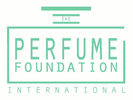
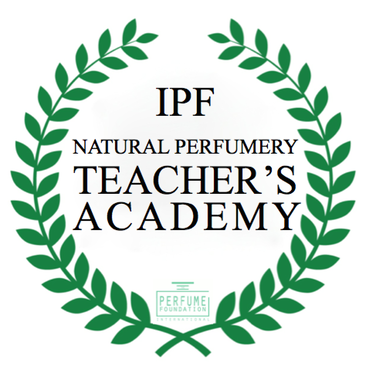
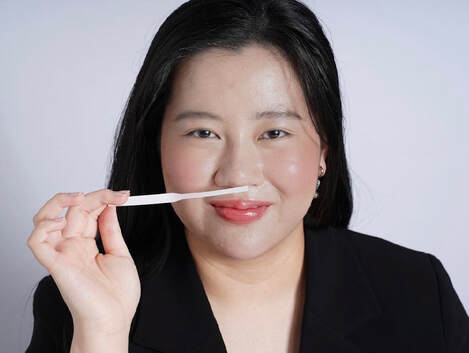
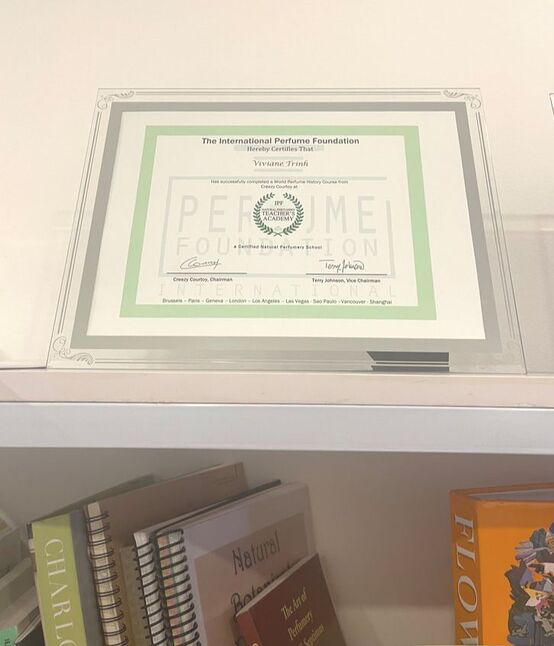
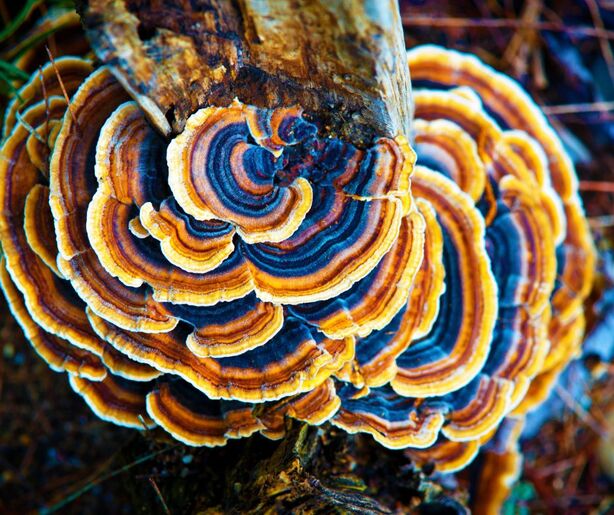
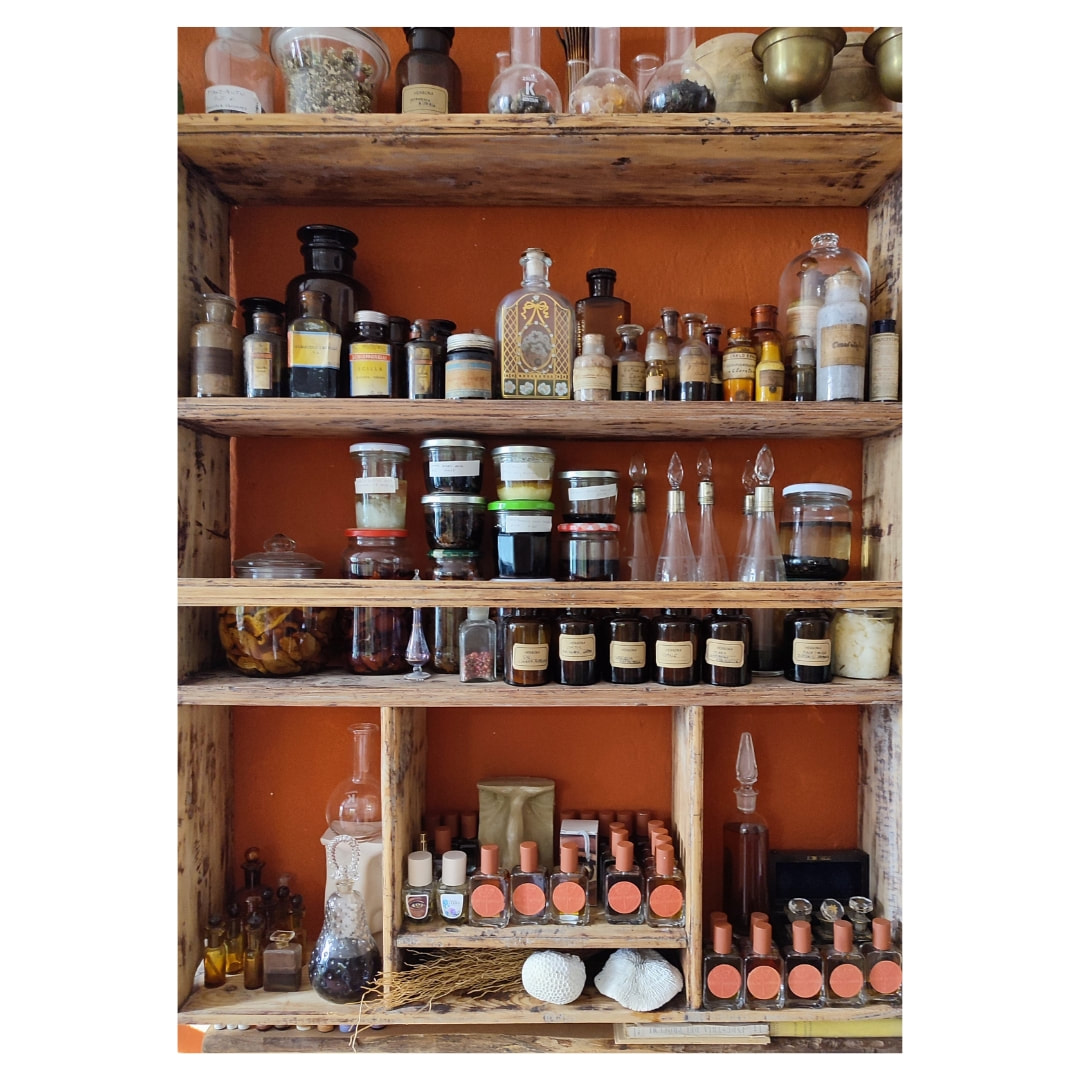
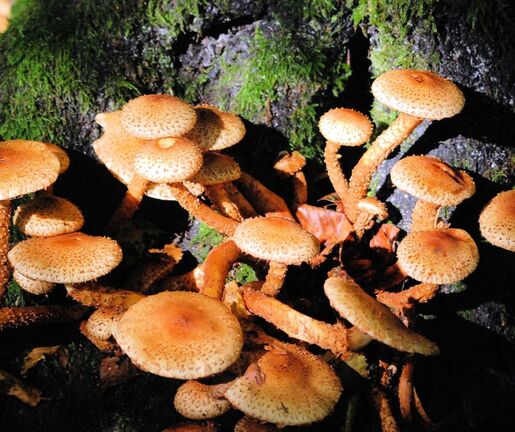
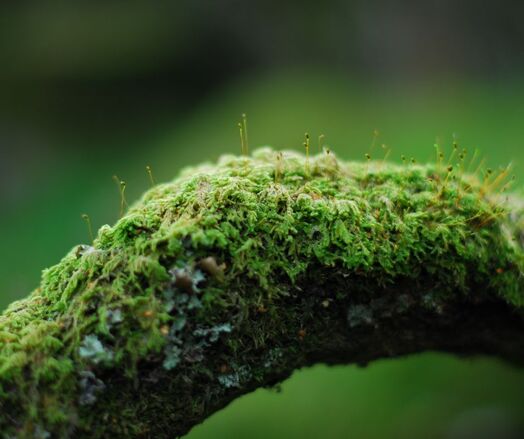
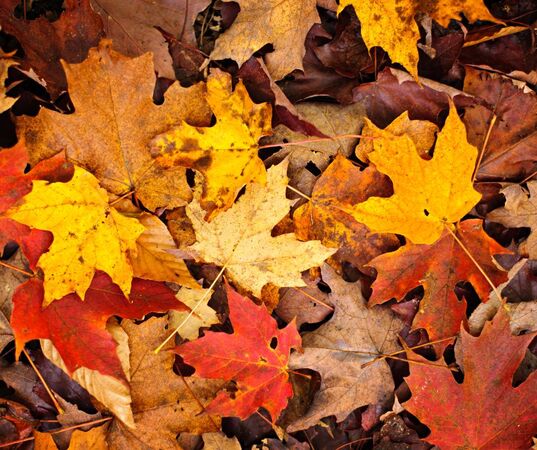
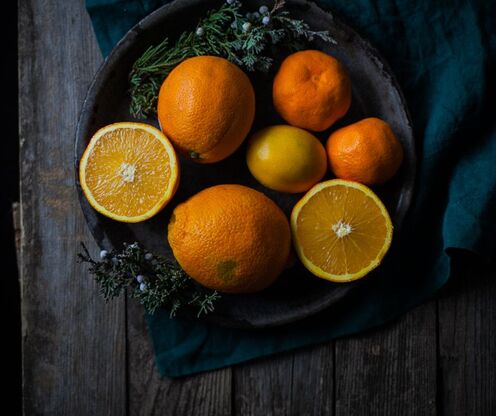
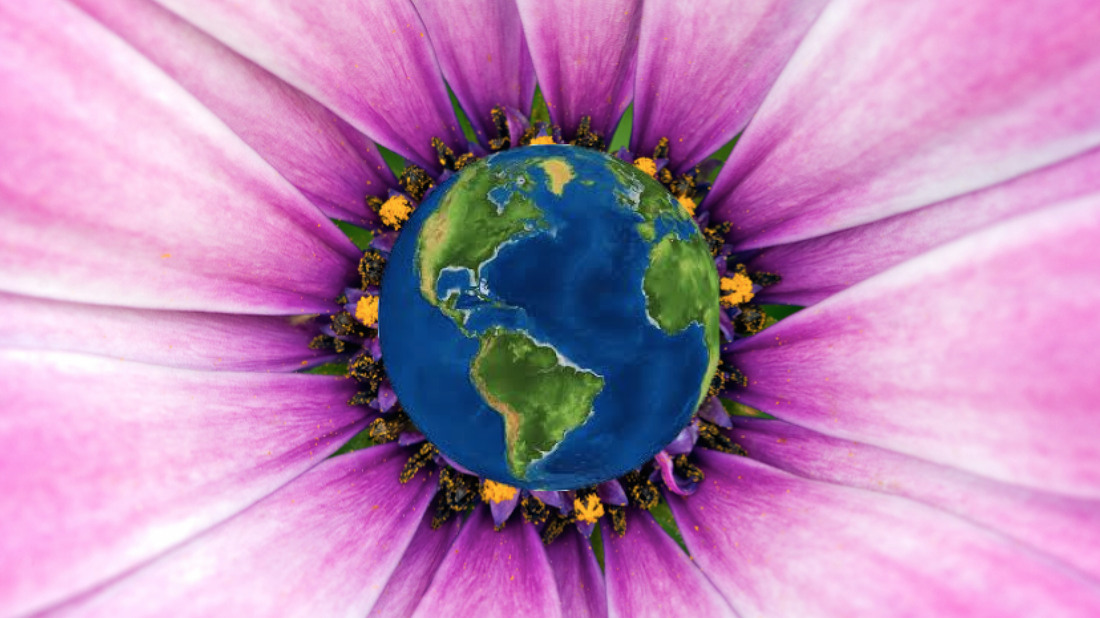


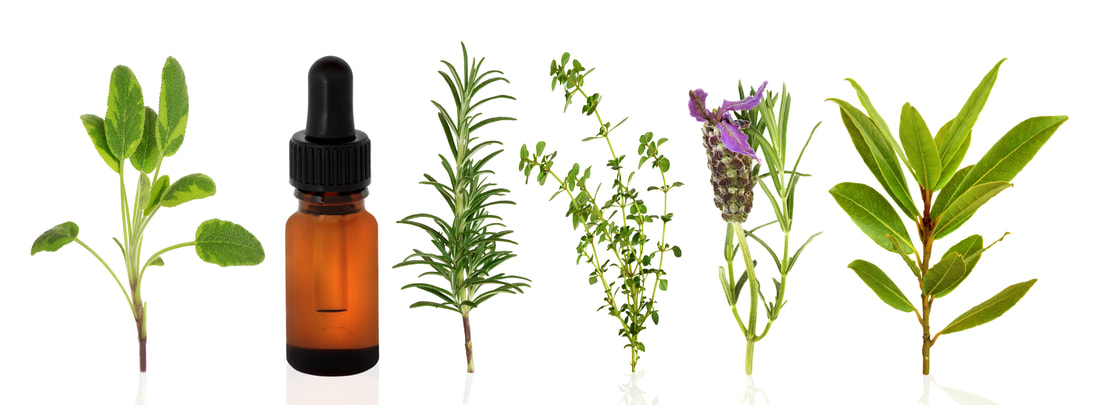
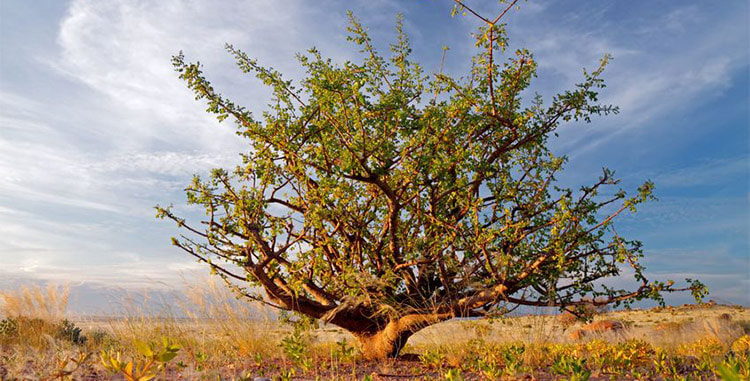
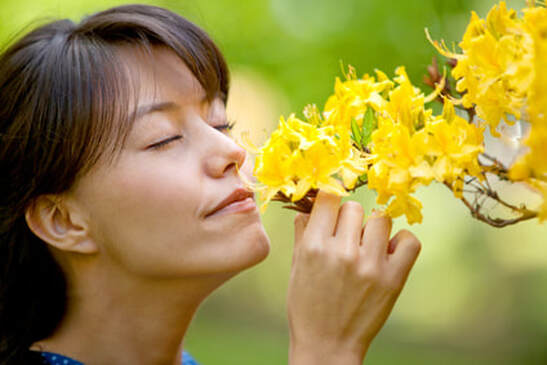
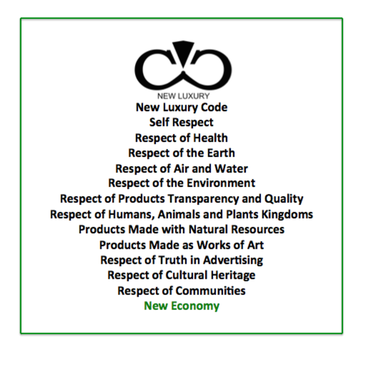
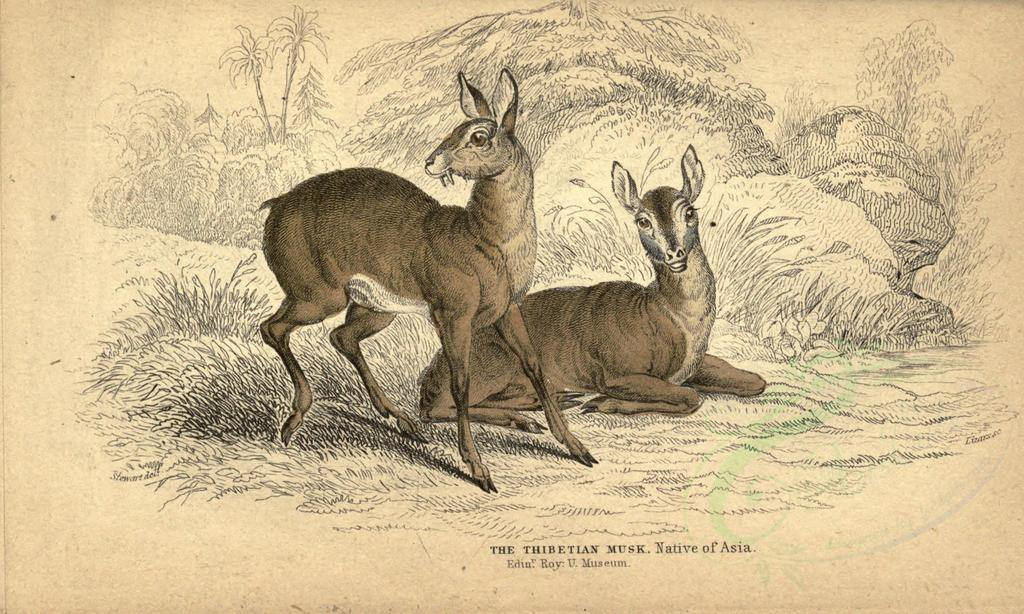
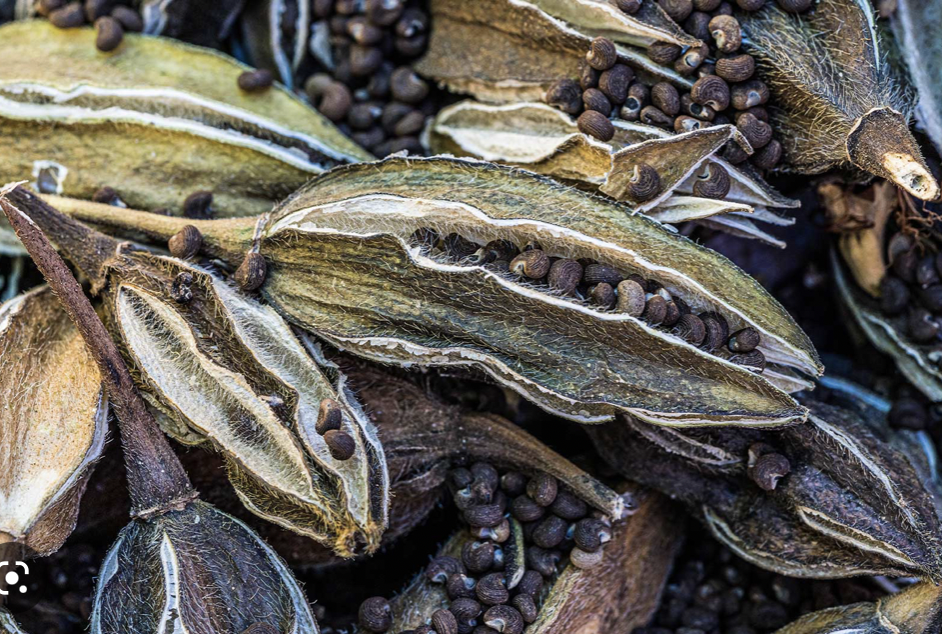
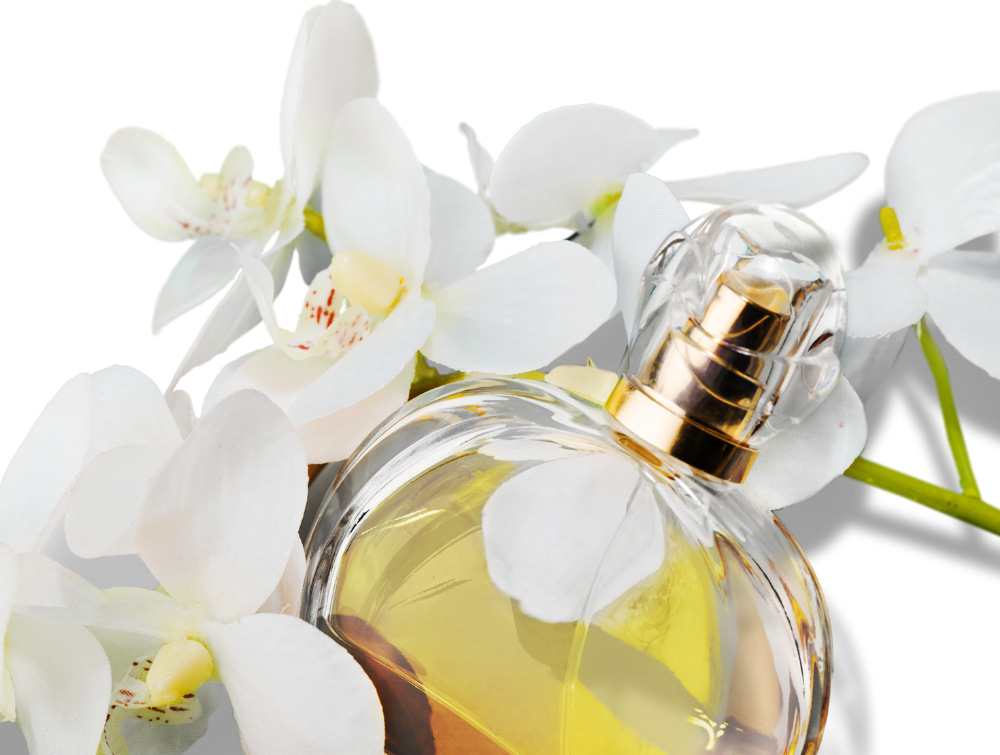
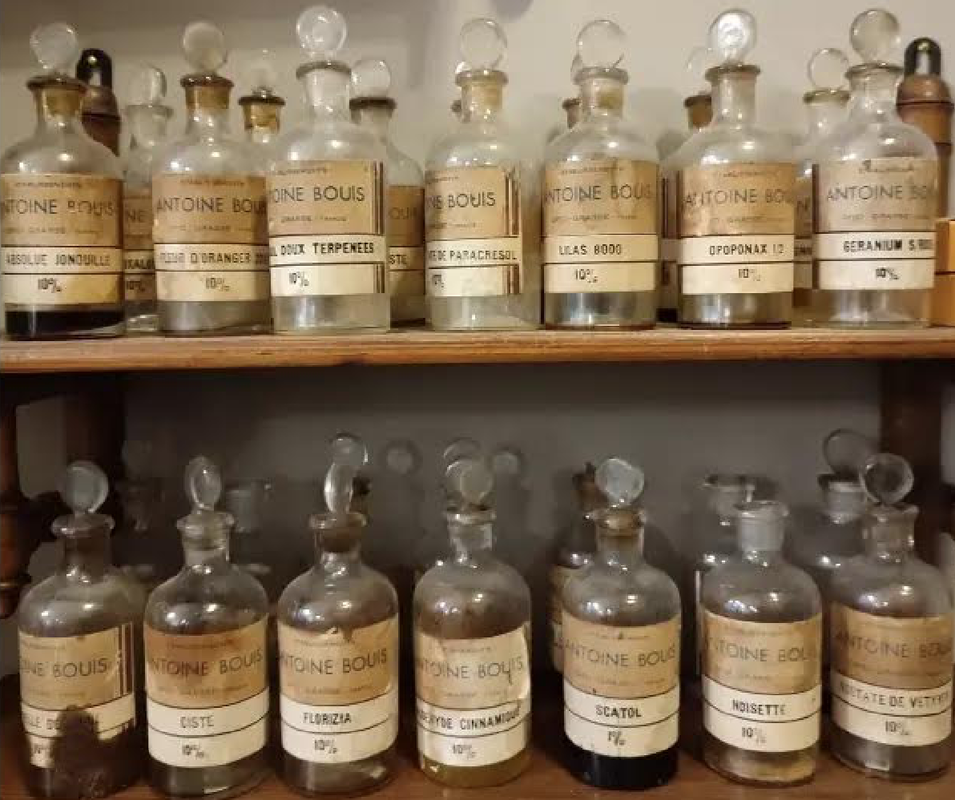
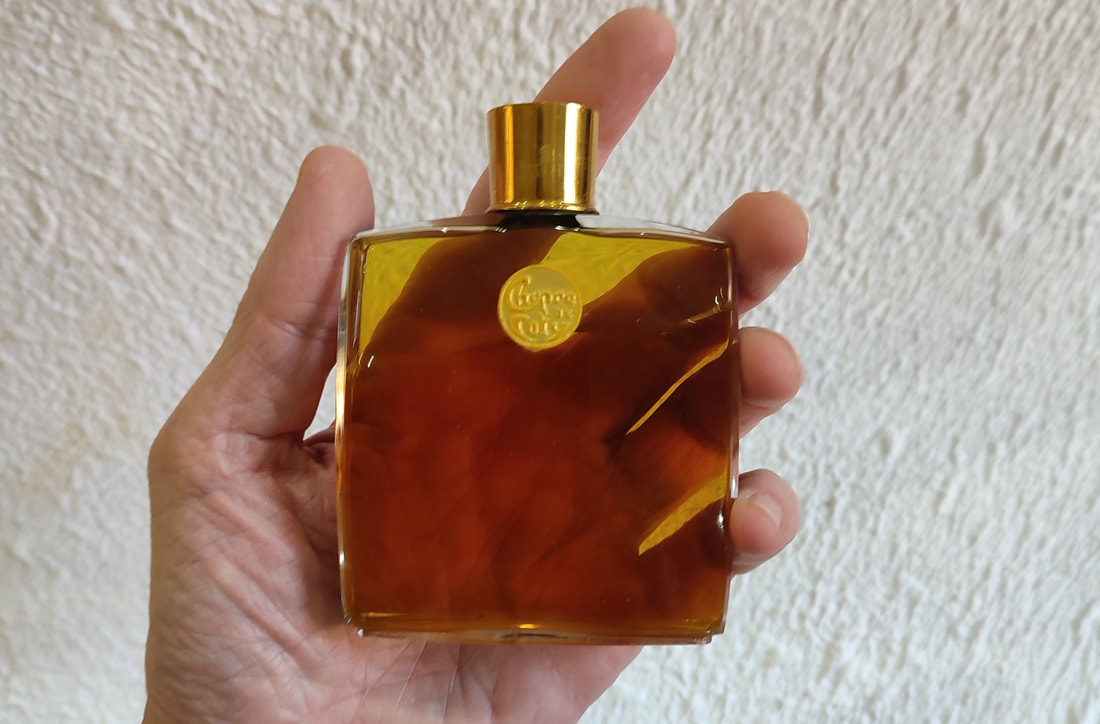
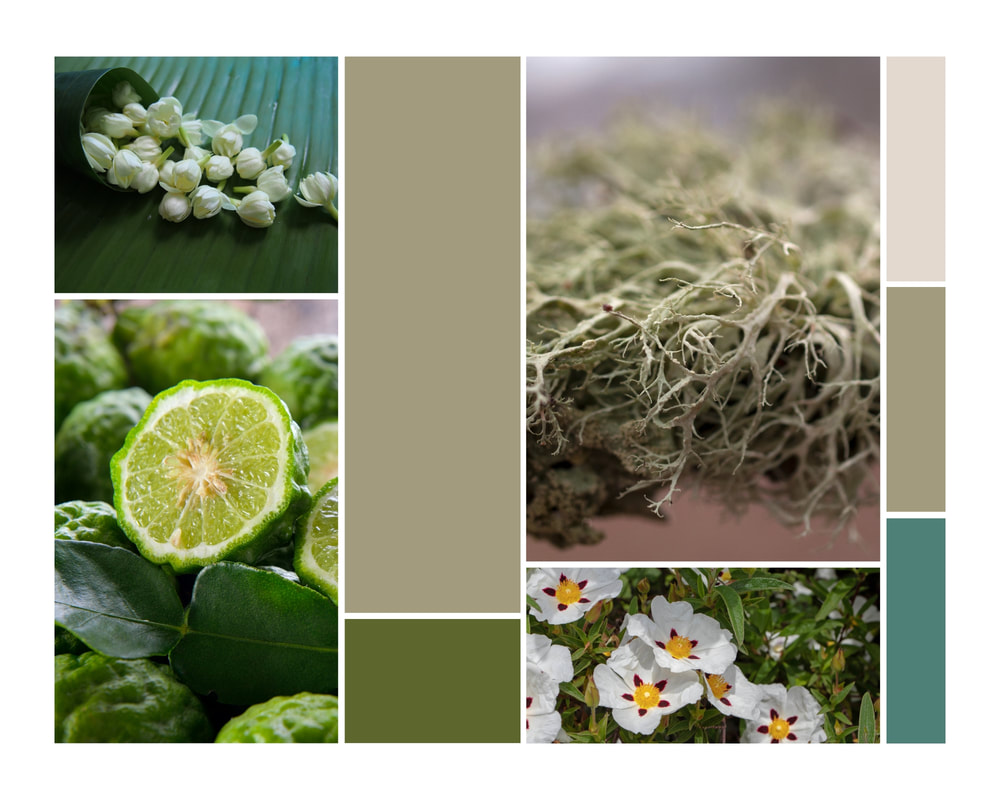
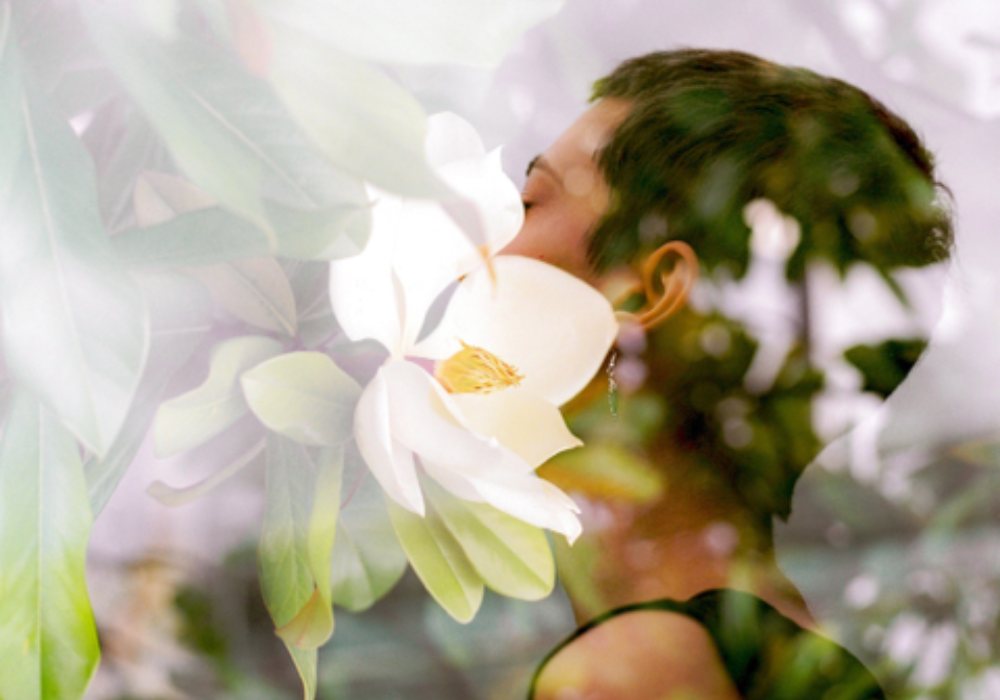
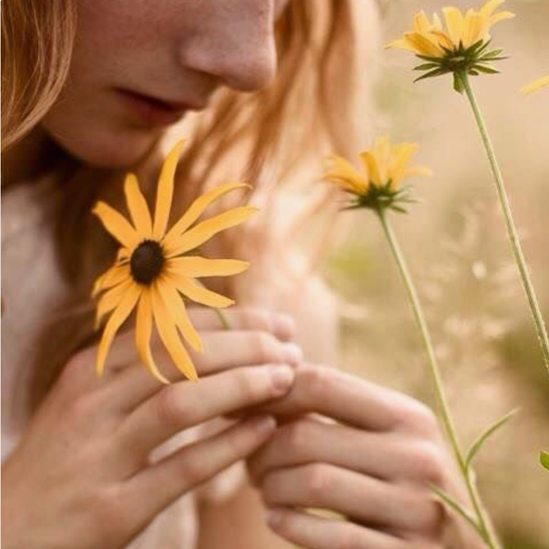

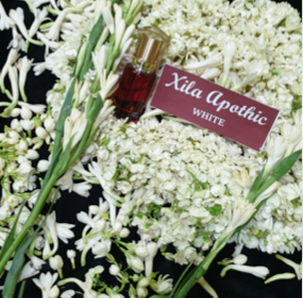



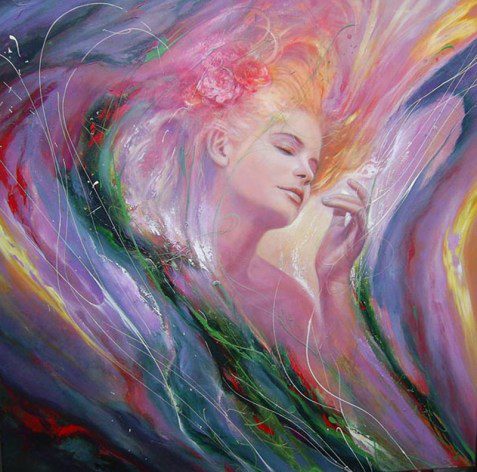
 RSS Feed
RSS Feed
